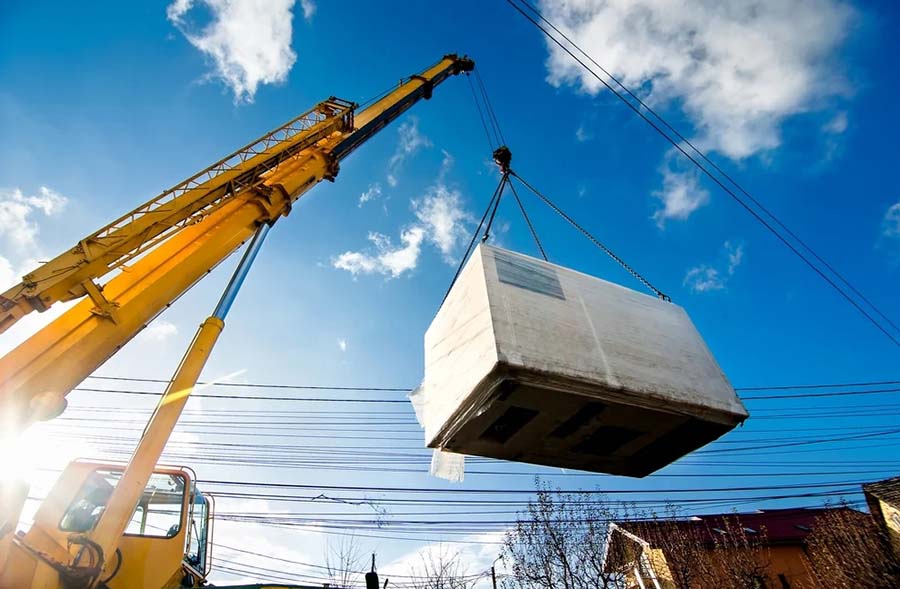
-
 Afrikaans
Afrikaans -
 Albanian
Albanian -
 Amharic
Amharic -
 Arabic
Arabic -
 Armenian
Armenian -
 Azerbaijani
Azerbaijani -
 Basque
Basque -
 Belarusian
Belarusian -
 Bengali
Bengali -
 Bosnian
Bosnian -
 Bulgarian
Bulgarian -
 Catalan
Catalan -
 Cebuano
Cebuano -
 Corsican
Corsican -
 Croatian
Croatian -
 Czech
Czech -
 Danish
Danish -
 Dutch
Dutch -
 English
English -
 Esperanto
Esperanto -
 Estonian
Estonian -
 Finnish
Finnish -
 French
French -
 Frisian
Frisian -
 Galician
Galician -
 Georgian
Georgian -
 German
German -
 Greek
Greek -
 Gujarati
Gujarati -
 Haitian Creole
Haitian Creole -
 hausa
hausa -
 hawaiian
hawaiian -
 Hebrew
Hebrew -
 Hindi
Hindi -
 Miao
Miao -
 Hungarian
Hungarian -
 Icelandic
Icelandic -
 igbo
igbo -
 Indonesian
Indonesian -
 irish
irish -
 Italian
Italian -
 Japanese
Japanese -
 Javanese
Javanese -
 Kannada
Kannada -
 kazakh
kazakh -
 Khmer
Khmer -
 Rwandese
Rwandese -
 Korean
Korean -
 Kurdish
Kurdish -
 Kyrgyz
Kyrgyz -
 Lao
Lao -
 Latin
Latin -
 Latvian
Latvian -
 Lithuanian
Lithuanian -
 Luxembourgish
Luxembourgish -
 Macedonian
Macedonian -
 Malgashi
Malgashi -
 Malay
Malay -
 Malayalam
Malayalam -
 Maltese
Maltese -
 Maori
Maori -
 Marathi
Marathi -
 Mongolian
Mongolian -
 Myanmar
Myanmar -
 Nepali
Nepali -
 Norwegian
Norwegian -
 Norwegian
Norwegian -
 Occitan
Occitan -
 Pashto
Pashto -
 Persian
Persian -
 Polish
Polish -
 Portuguese
Portuguese -
 Punjabi
Punjabi -
 Romanian
Romanian -
 Russian
Russian -
 Samoan
Samoan -
 Scottish Gaelic
Scottish Gaelic -
 Serbian
Serbian -
 Sesotho
Sesotho -
 Shona
Shona -
 Sindhi
Sindhi -
 Sinhala
Sinhala -
 Slovak
Slovak -
 Slovenian
Slovenian -
 Somali
Somali -
 Spanish
Spanish -
 Sundanese
Sundanese -
 Swahili
Swahili -
 Swedish
Swedish -
 Tagalog
Tagalog -
 Tajik
Tajik -
 Tamil
Tamil -
 Tatar
Tatar -
 Telugu
Telugu -
 Thai
Thai -
 Turkish
Turkish -
 Turkmen
Turkmen -
 Ukrainian
Ukrainian -
 Urdu
Urdu -
 Uighur
Uighur -
 Uzbek
Uzbek -
 Vietnamese
Vietnamese -
 Welsh
Welsh -
 Bantu
Bantu -
 Yiddish
Yiddish -
 Yoruba
Yoruba -
 Zulu
Zulu
Advanced Tools for Precision Thread Rolling in Manufacturing Industries
Thread rolling is an essential manufacturing process used to create strong, precise threads on metal rods and bars. This process utilizes specialized equipment known as thread rolling machines, which can significantly enhance the quality and efficiency of thread production compared to traditional cutting methods.
The basic principle of thread rolling involves the deformation of the material, rather than removing it. When a metal rod is passed through a set of rollers, the rollers press against the rod, forming threads through a combination of pressure and rotation. This method not only produces threads with superior strength but also improves the overall surface finish, minimizing the presence of burrs and ensuring a smoother texture.
Thread rolling equipment comes in various configurations, including flat die, cylindrical die, and angular dies, allowing for the production of various thread shapes and sizes. Flat die rolling machines are particularly popular for producing straight threads, while cylindrical die machines are optimized for creating more complex or tapered threads. Additionally, modern technological advancements have led to the development of CNC (Computer Numerical Control) thread rolling machines, which provide enhanced precision and automation in the manufacturing process.
thread rolling equipment

One of the primary advantages of thread rolling over traditional threading methods, such as tapping or cutting, is the improved mechanical properties of the final product. Since thread rolling preserves the material's original structure and does not involve material removal, the finished threads exhibit greater tensile strength and resistance to fatigue. This makes rolled threads particularly suitable for critical applications in industries such as aerospace, automotive, and construction, where reliability and durability are paramount.
Furthermore, thread rolling is an environmentally friendly option, as it generates less waste compared to cutting processes. The cold working nature of thread rolling also means that it requires less energy, contributing to a more sustainable manufacturing process.
In summary, thread rolling equipment plays a vital role in the production of high-quality, durable threads. With its numerous advantages—ranging from enhanced strength and surface quality to greater efficiency and reduced waste—it is no surprise that thread rolling has become a preferred method in various industrial applications. As technology continues to evolve, the capabilities of thread rolling machines will likely expand, further solidifying their importance in the manufacturing landscape.
